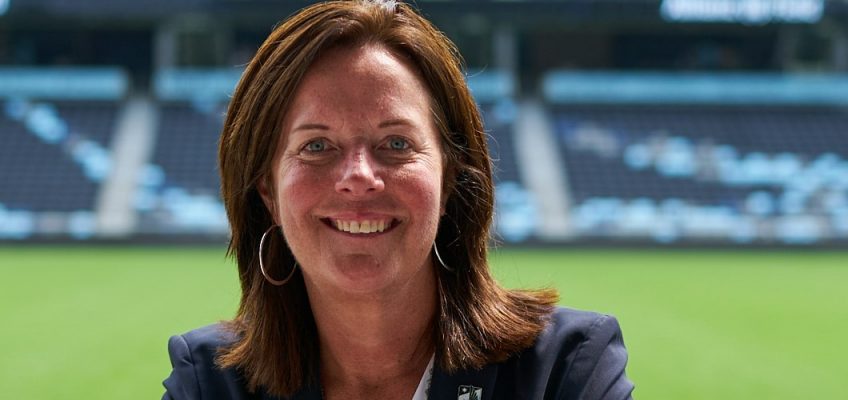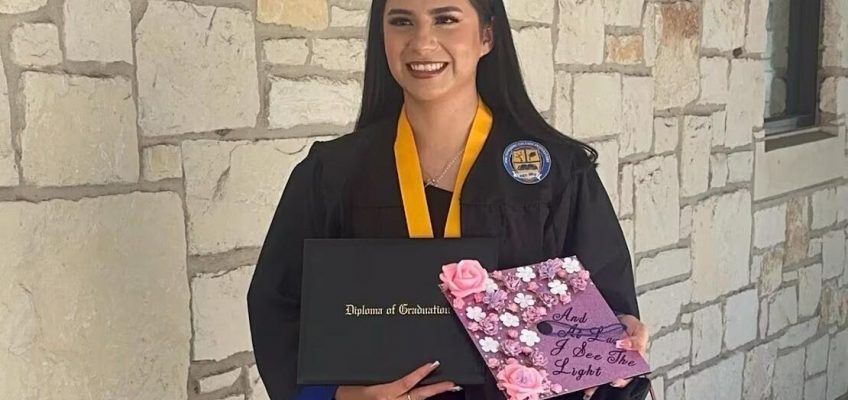Amid the federal immigration raids in Minnesota to start this year, Minnesota United remained quiet on the subject. Loons supporters, which might be the most-progressive fanbase in Minnesota, took notice.
On Jan. 28, MNUFC posted on X: “Officially 1 month until the Home Opener!” And longtime, diehard fan Bruce McGuire replied: “Great. Now make a loud bold statement demanding ICE (Immigration and Customs Enforcement) leave Minnesota immediately!”
That singular statement from the club never arrived over the month leading up to the Loons’ first game in St. Paul this season. MNUFC plays FC Cincinnati at 3:30 p.m. Saturday at Allianz Field.
MNUFC will have a pre-match moment of silence for Renee Good and Alex Pretti, who were shot and killed by federal agents in January. The Loons plan to honor others in the community during the game and supporters in The Wonderwall will have a display banner with a message on the subject.
CEO Shari Ballard said the club thought a lot about how it might respond to the ICE raids and he explained to the Pioneer Press her rationale to not issuing a statement. It includes a perspective of a “No. 1 priority” in trying to keep those within her organization safe.
Ballard didn’t want to share specifics but said a few members of the club dealt with “real issues” involving Operation Metro Surge, which had families “legit scared to death.”
“I think it is impossible for people to understand truly what it was like at the height of it — and in certain ways how it still is —unless you’ve been in the community,” Ballard said.
“I also know that you have wider degrees of freedom as an individual, in a context, to try to impact it in whatever way you feel is best,” she continued. “Either sort of behind the scenes quietly supporting your neighbors and help them get groceries and help them pay their rent and do things that you do when you’re trying to take care of people and publicly speaking out to try to draw attention to it and to get it to stop.
“You don’t, in my view, have those same degrees of freedom when you’re responsible for an entire organization — employees, players and their families, academy players and their families.”
The makeup of MNUFC’s rosters, from the MLS squad to its youth academy ranks, are the most diverse in Minnesota’s pro sports.
Ballard was one of 60 CEOs of Minnesota-based companies to sign onto a statement on Jan. 25, the day after Pretti died in Minneapolis. “With yesterday’s tragic news,” the joint statement said, “we are calling for an immediate de-escalation of tensions and for state, local and federal officials to work together to find real solutions.”
Ballard, a former leader at Best Buy before joining United in 2021, said she didn’t think a statement from the club was “going to solve anything.”
“There will be people that agree with it; there will be people that don’t. There will be people that said it goes too far; other people say it doesn’t go far enough,” she said. “It just would add to the volatility. And I don’t want to I don’t want to (put a) target on anybody.”
Ballard offered her own counter-argument. “If nobody says anything in a situation like that, does it just keep going on?” she asked. “I think the answer to that is yes.”
Once the whistle blows for the home opener Saturday, new Loons head coach Cameron Knowles knows his team has a responsibility to help the community.
“Our game is the best of accepting people from all around the world and different cultures,” said Knowles, a New Zealand native. “You see it in our locker room, you see it in the stands. And I think that should be a celebration of the globalism of our game. It’s certainly a responsibility for us for that 90 minutes to bring joy to the community and to represent the community in the way that we play, the effort that we put into the game, understanding that there has been real heaviness over the city for a little while.”
Briefly
The Loons were scheduled to play an international friendly against Werder Bremen later this season, but the top-tier German club pulled out of the exhibition last week, in part, due to safety concerns in traveling to Minnesota. “We got another international friendly we’re working on, so we will have one for sure,” Ballard said.




